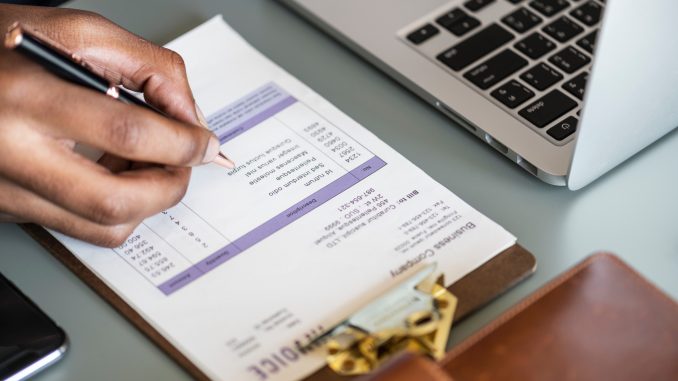
![]() Everyone operating a business ends up having to invoice for something sooner or later. At WBN, we are no exception!
Everyone operating a business ends up having to invoice for something sooner or later. At WBN, we are no exception!
When we enter into an agreement with a client, we give them the option to be billed weekly, every two weeks or monthly. The latter is our least favourite of all billing intervals because the amount is usually quite large and even the most well-intentioned client, runs into payment delays if our invoice and their cash flow don’t fall on the same time frame.
Invoice Terms To Know
Due Upon Receipt
This is self-explanatory! Payment is usually within a day of being invoiced and now with technology and virtual payment method readily available and widely used, invoices are generally paid within minutes.
30 Days
This means the client pays the bill within 30 days of receiving it. You can select 7 days, 14 days or 21 days – whatever fits your bookkeeping and billing system. Regardless, many clients who embrace virtual payments will likely pay within a few days of being invoiced.
““Net 30” has become the standard in a lot of industries where it really isn’t suitable. For an old-fashioned manufacturing firm, Net 30 is quite reasonable. Let’s say a firm sends out a big batch of widgets to a customer, and then mails out an invoice. They have to allow time for the customer to receive the invoice, to check through the huge batch of widgets and make sure everything is in order, to send the invoice through their accounts department and have a check written and mailed back. These things take time.
But contrast that with a design firm that delivers both a completed design and an invoice by email, offering an online payment method like PayPal. The client receives both product and invoice instantly, and after checking that everything is OK, there’s really no reason why they can’t make the payment right away. Giving them a month to pay is basically just giving them an interest-free loan.” TutsPlus.com
“Due upon receipt” seems to have the opposite effect in many instances. People don’t want to be told what to do and become oppositional, refusing what they perceive as being bossed around. According to LabRoots, “The behavior is purely psychological and is known as reactance, which is a type of mechanism where our brain wants to ensure that we’re free to do whatever it is that we want to do with our own lives.” You might want to keep this in mind if your client is stubborn or doesn’t take your invoices seriously.
Going forward, you have to do what feels right for yourself and your company keeping your clients paying habits and temperament in mind.
